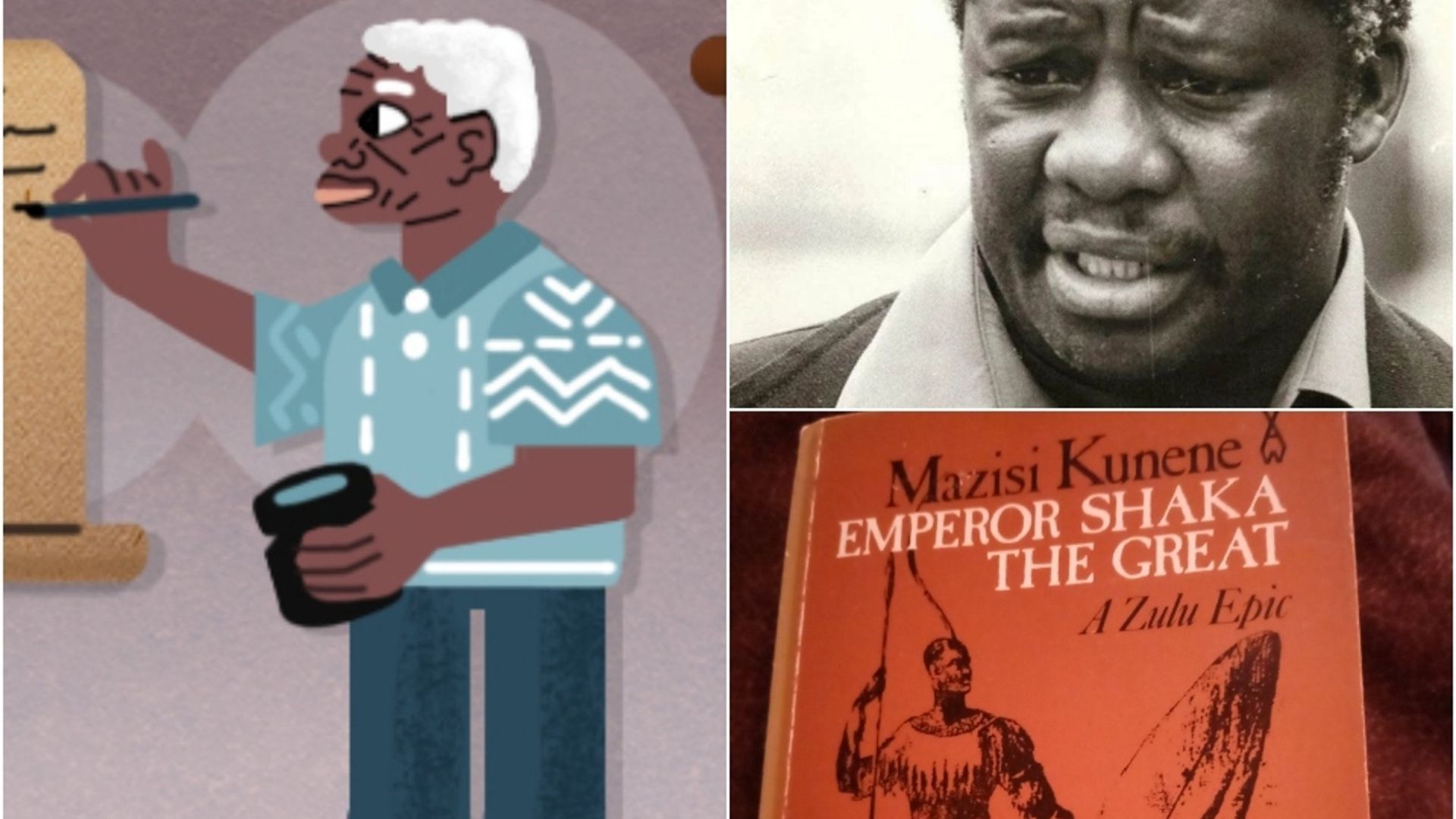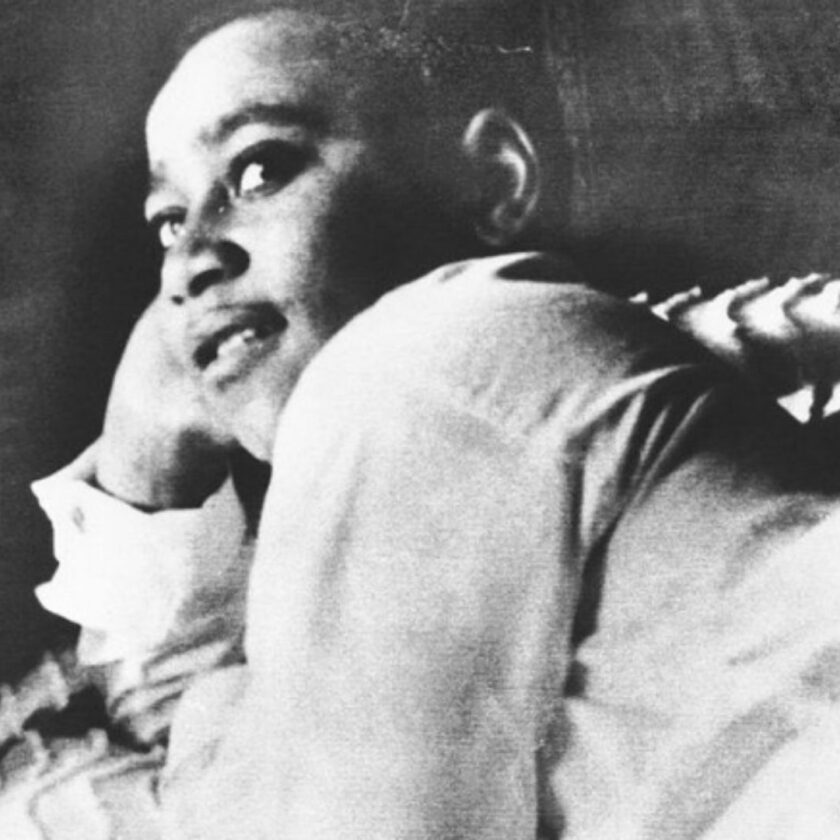The present (12 May 2022) Google Doodle praises the existence of South African writer Mazisi Kunene.
On what might have been his 92nd birthday, the internet searcher has regarded the counter politically-sanctioned racial segregation dissident with an extraordinary picture recognizing his work.
Who is Kunene, what is the most popular, and for what reason is his life worth celebrating?
Here is all that you want to be friendly with him.
Who was Mazisi Kunene?
Mazisi Kunene was a South African artist most famous for ‘Emperor Shaka the Great’, an awe-inspiring sonnet in light of the Zulu oral practice, ordered in the Zulu language and afterwards meant English by Kunene himself.
The sonnet accounts for the existence of Shaka Zulu, a Zulu ruler who made critical commitments to the Zulu state’s construction and military innovation.
Kunene was brought into the world in Durban, South Africa, and started composing sonnets and brief tales in Zulu as a kid – by the age of 11, he had been distributed in neighbourhood papers.
He turned into a lifelong fan of the conservation of conventional Zulu beautiful practices as he became older and proceeded to get a Bachelor of Arts in Zulu and history from the University of Natal and a Master of Arts in Zulu Poetry.
In 1959, he moved to learn at the School of Oriental and African Studies, yet Kunene’s move wasn’t simply an instructive one; he was additionally escaping far away, banished for good, having gone against the South African politically-sanctioned racial segregation government as the top of the African United Front.
Kunene used his speciality to fight the public authority’s biased isolation framework, and when the South African government fought back with viciousness, he disappeared to the UK.
Kunene was intently attached to the African National Congress – a South African social-majority rule ideological group – and quickly rose to turn into its essential representative in Europe and the United States.
What sonnets did he compose?
However, during this time, his work was illegal in South Africa; Kunene would think of a portion of his most significant works, which investigated South African culture, religion, and history regarding imperialism, politically-sanctioned racial segregation, and bondage.
A portion of his more notable works incorporates ‘Hymn of the Decades’ – which tells the Zulu legend of how passing came to humankind – and ‘The Ancestors and the Sacred Mountain’, an assortment of 100 sonnets distributed in 1982 which have a specific accentuation on socio-political points.
His most well-known work is the amazing ‘Head Shaka the Great’, portrayed by World Literature Today patron Christopher Larson as “a stupendous endeavour and accomplishment by any norms.”
Kunene turned into a Professor of African writing at the University of California in 1975, after addressing in various colleges as a social counsellor for UNESCO, where he stayed for almost twenty years, resigning in 1992.
After his retirement, he got back to South Africa to instruct at the University of Natal; he was named Africa’s writer laureate by UNESCO in 1993 and South Africa’s most memorable artist laureate in 2005.
How could he kick the bucket?
He kicked the bucket on 11 August 200 in Durban, following a long fight with malignant growth.
Kunene’s verse and the Mazisi Kunene Foundation Trust, devoted to developing Africa’s up and coming age of academic ability, carry on his heritage.




